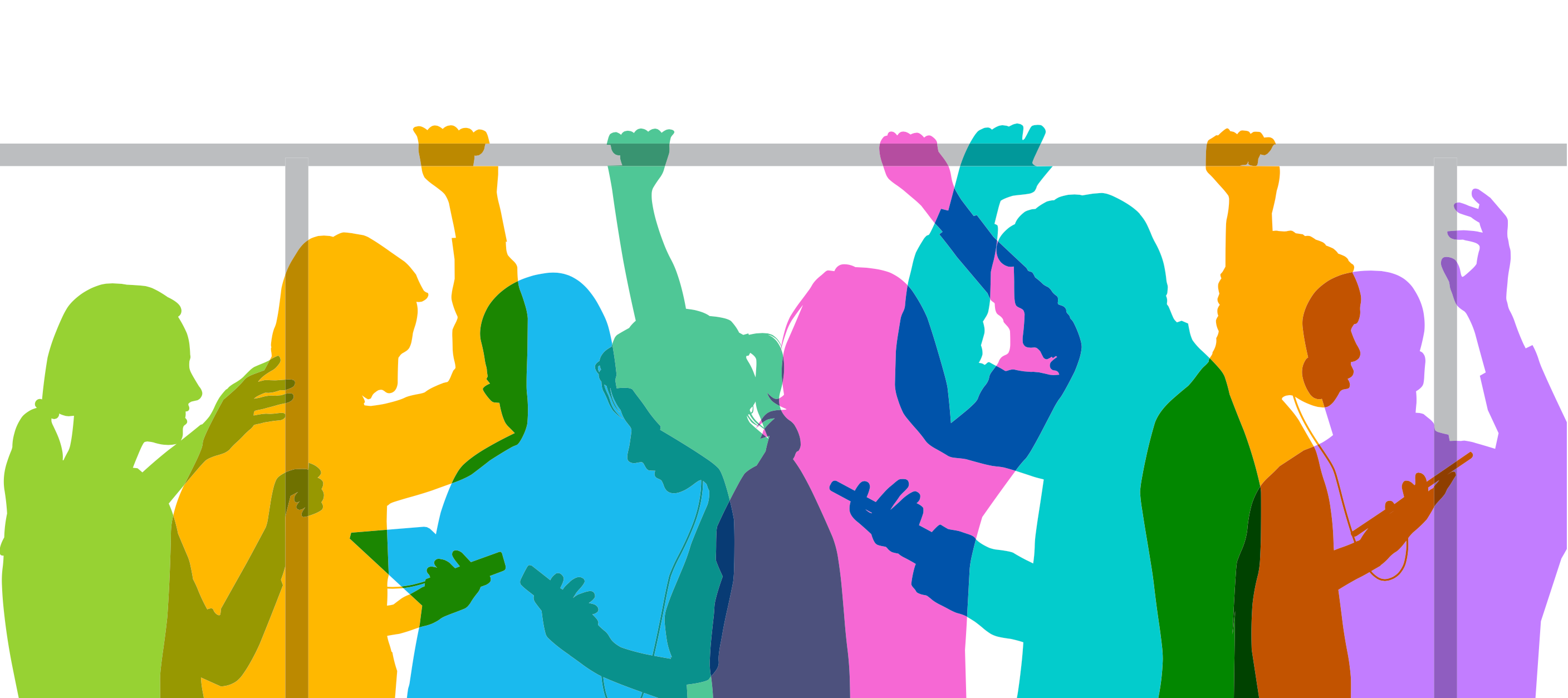The monthly cost of public transit in 24 worldwide destinations
Update: Some offers mentioned below are no longer available. View the current offers here.
Around the world, billions of people use public transportation to commute between their workplaces, schools and homes each day. Some do so for convenience, while others do so for environmental reasons. Still others use public trains and buses because they would have no other feasible way of reaching their destinations otherwise.
Whatever the need, public transportation often forms the central network that laces a city together. But at what cost?
TPG set out to answer the question by compiling monthly pass fares from the five most populated U.S. cities. And the team at Globehunters scoured data from dozens of countries and cities, using crowd-sourced data gleaned from Numbeo, to find the world's cheapest and most expensive commutes by monthly average cost.
So, where will you find the least and most expensive public transportation costs? Here's what we found.
The 5 most expensive cities for public transportation
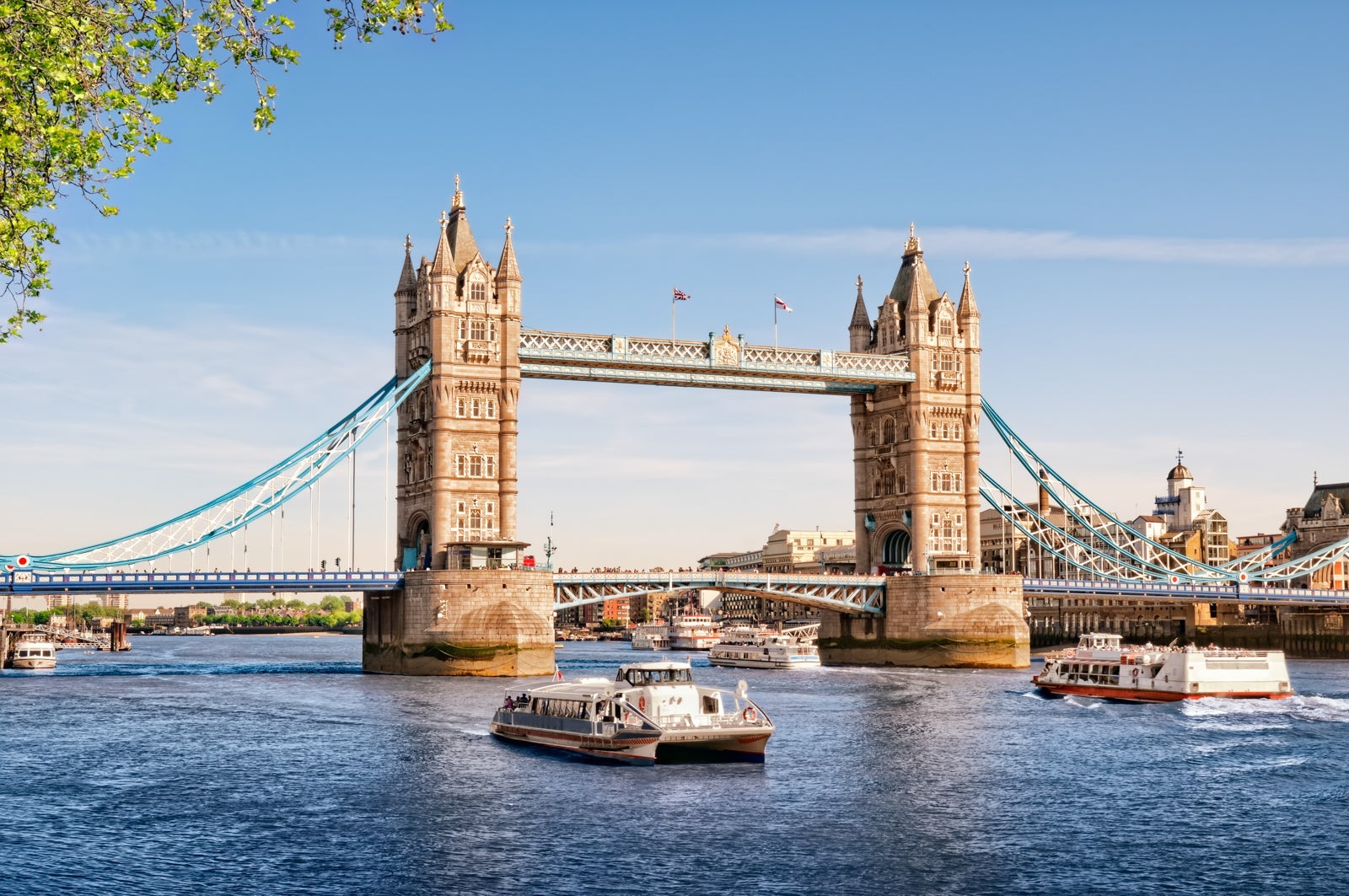
The five cities on this list are some of the world's most desirable places to live, and that envy factor comes at a price. Based on the Globehunters report, London currently holds the world record for the priciest monthly commute at an average of over $6 a day — 25% more expensive than Sydney, Australia, the second-ranked city on this list. In comparison, the monthly commute in Toronto, Canada — fifth on this list —only costs 60% of what a Londoner is used to paying.
With London salaries averaging $51,200 per year, according to Investopedia via Guardian Jobs UK, the estimated annual transportation bill of $2,232 seemingly makes up just 4.3% of the daily commuter's income. But the price spikes during rush hour: Investopedia said the average working Londoner pays up to $9,000 per year for peak-hour train passes.
| City | Average monthly commuting cost |
|---|---|
London, U.K. | $186 |
Sydney, Australia | $151.45 |
Dublin, Ireland | $143.32 |
New York City | $119.88 |
Toronto, Canada | $111.59 |
The 5 cheapest cities for public transport
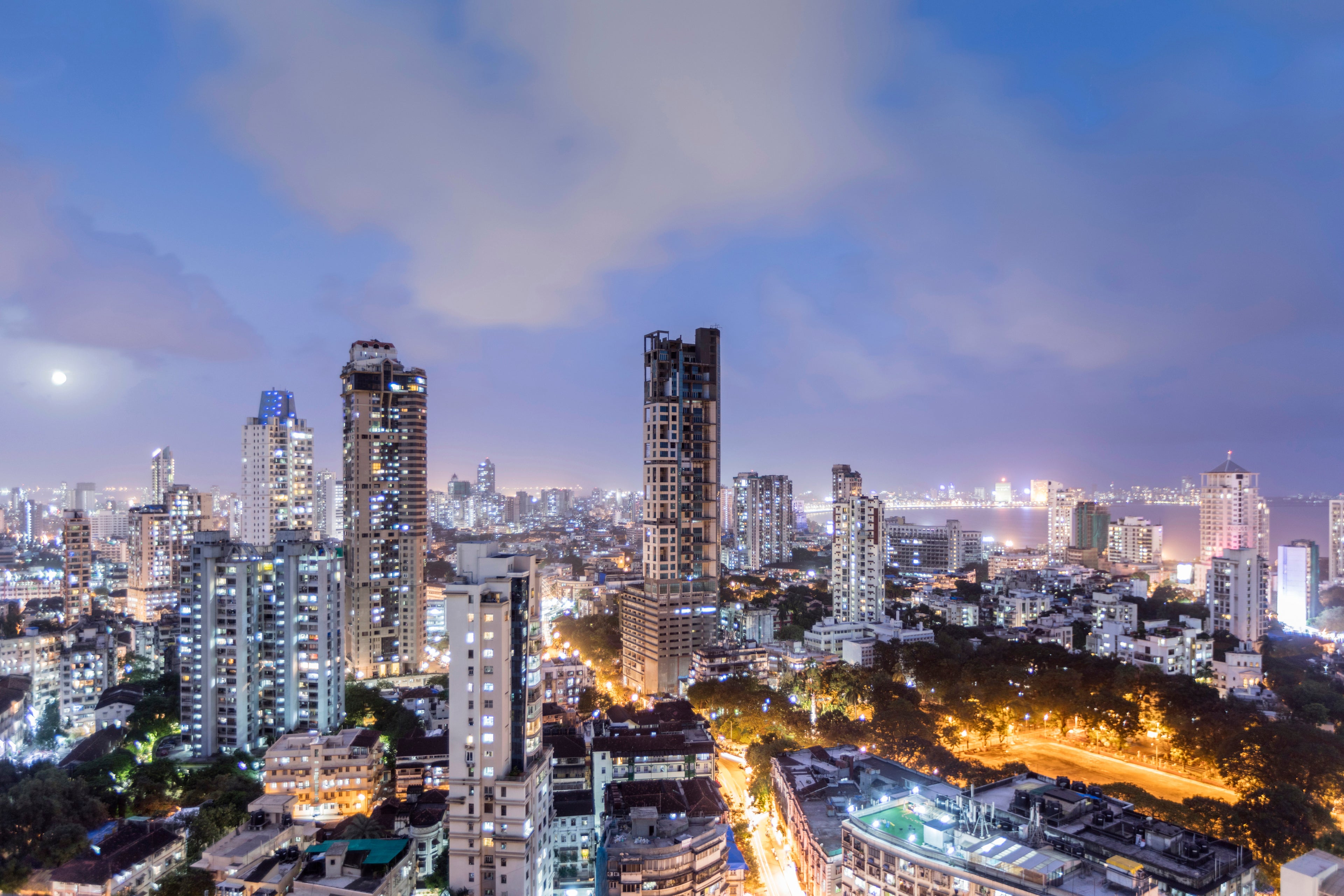
On the opposite end of the spectrum, both India and Vietnam have two out of the five cheapest cities worldwide for monthly commuting costs, with Indonesia's Jakarta claiming the No. 5 spot.
The size of each city's population varies widely. In India, for example, Mumbai has nearly 18.5 million residents, while Jaipur only has 3 million. But each of these cities has something in common: the monthly cost of traveling within city limits averages somewhere between $4 and $8 — roughly the price of a Happy Meal or Big Mac combo in the U.S.

Mumbai may be India's financial capital and home to the richest family in Asia, whose skyscraper home cost $1 billion to build. But the average per capita income is just $921.91, and transportation costs consume nearly 6% of that. And for the 1.2 million inhabitants of Mumbai who earn less than 28 cents per day, or right around $100 per year, public transit costs more than 50% of their annual income.
| City | Average monthly commuting cost |
|---|---|
Mumbai, India | $4.34 |
Ho Chi Minh City, Vietnam | $6.40 |
Jaipur, India | $7.24 |
Hanoi, Vietnam | $8.54 |
Jakarta, Indonesia | $11.59 |
The 5 most expensive countries for public transport
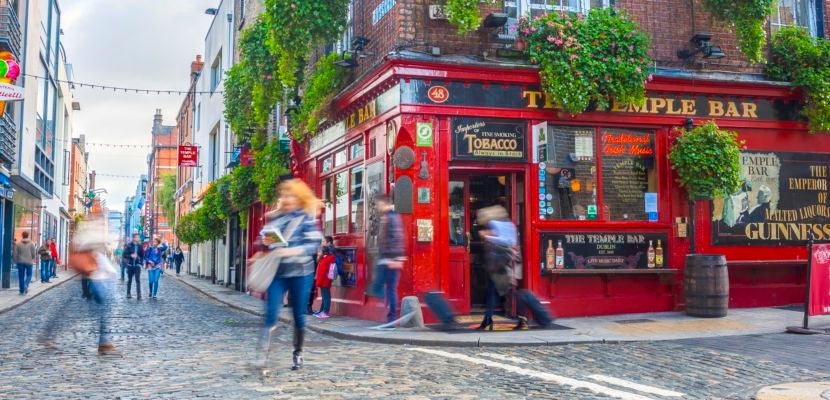
In Ireland, the average person pays $120 per month for the privilege of commuting on public transportation. That's 31% pricier than Japan, despite the Asian nation's efficient but expensive system of Shinkansen bullet trains. Still, the annual cost of $1,445.76 averages out to around 5.7% of the average Irish person's annual income — about $25,310 per person.
Australia and New Zealand also appeared on the list, with average monthly commuting costs exceeding $100. Japan and Iceland also took spots in the top five (if you're wondering, Iceland does in fact have a public bus and ferry network).
| Country | Average monthly commuting cost |
|---|---|
Ireland | $120.48 |
Australia | $104.52 |
New Zealand | $100.07 |
Iceland | $96.83 |
Japan | $91.75 |
The 5 cheapest countries for public transport

While Vietnam managed to land itself on this list, too, you won't find India in the top five cheapest countries worldwide. Instead, the top slot goes to Pakistan, the South Asian nation of nearly 200 million people.
Reflecting the average annual income that hovers around $420 per person, a typical commute in Pakistan costs just $5.17 per month. To put that in perspective, it's just 4.3% of what the average person in Ireland pays for commuting each month. But at $62.04 per year, the average cost of Pakistan's public transportation still eats up nearly 15% of that $420 annual income.
Sri Lanka, Moldova and Nepal also appear on the index of most affordable countries for public transportation.
| Country | Average monthly commuting cost |
|---|---|
Pakistan | $5.17 |
Sri Lanka | $5.63 |
Vietnam | $7.03 |
Moldova | $7.82 |
Nepal | $8.12 |
Interested in seeing the full list of countries and cities ranked by commute cost? Trot over to Globehunters for the full ranking, including the cost of monthly transport passes.
Data geeks will appreciate Numbeo's full cost-of-living breakdown, which is sourced from local users and offers hundreds of search options for each category. To find the transportation costs referenced here, click on "Cost of Living" — the first tab under the logo on the left — to select prices by city or country. Then scroll through the list until you reach the "Transportation" categories.
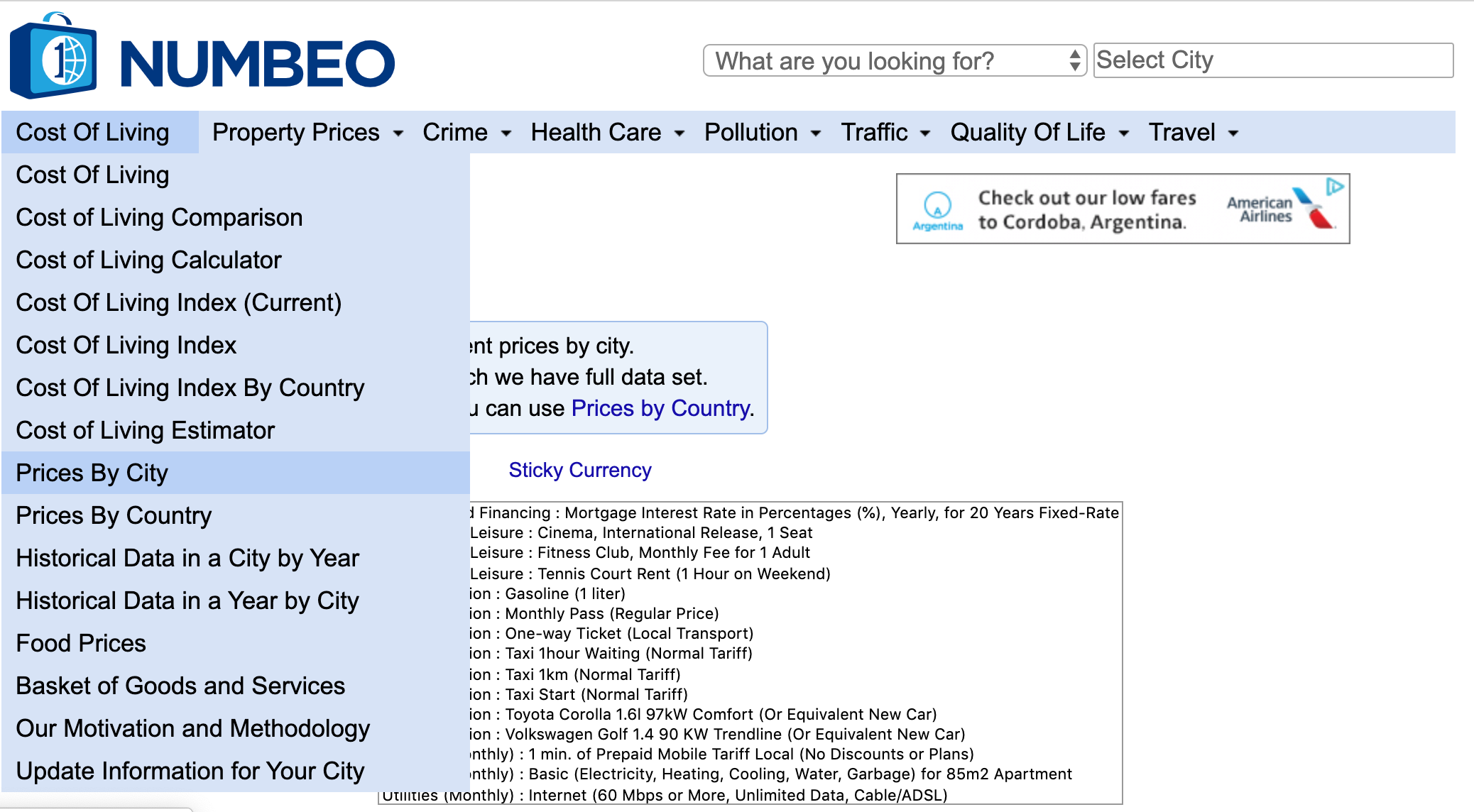
Public transportation fares for U.S. cities
Wondering about costs a little closer to home? So did we. In keeping with the way Globehunters organized its global transit statistics, TPG pulled numbers for monthly passes in the nation's five most populated cities.
Here's what it costs to commute by bus or train in New York City, Los Angeles, Chicago, Houston and Philadelphia. As you'll see from the data, public transport consistently costs between 3 and 4% of the average per capita income.
| Single pass | Monthly or 30-day pass | Average annual income per person (2017 data) | Percentage of income average | |
|---|---|---|---|---|
Houston METRORail | $1.25 | $3 max per day: $84 to $93 | 3% | |
Los Angeles Metro Rail | $1.75 | $100 | 3.7% | |
Philadelphia SEPTA | $2.50 | $96 | 3% | |
Chicago Transit Authority | $2.50 ($2.25 per bus ride) | $105 | 3.5% | |
New York City MTA | $2.75 | $127 | 4% |
Regardless of where you live or visit, you'll want to maximize your points earnings on public transportation spend, whether you're paying $5.17 a month in Pakistan, $1.25 per trip in Houston or $120.48 a month in Ireland.
Some of TPG's top picks for commuter costs include our perennial favorites for travel rewards: the Chase Sapphire Reserve for 3x Ultimate Rewards points per dollar, or its little sibling, the Chase Sapphire Preferred Card, which earns 2x points per dollar. This is because Chase defines travel in pretty broad terms, so you earn bonus points for most types of transportation expenses, from airfare to Uber and public trains and buses.
Not a Chase user? Other serious contenders for best credit card for public transportation include the Bank of America® Premium Rewards® credit card, the Wells Fargo Propel American Express® card , and the Blue Cash Preferred® Card from American Express.
The Wells Fargo Propel American Express® card is no longer open to new applications.

